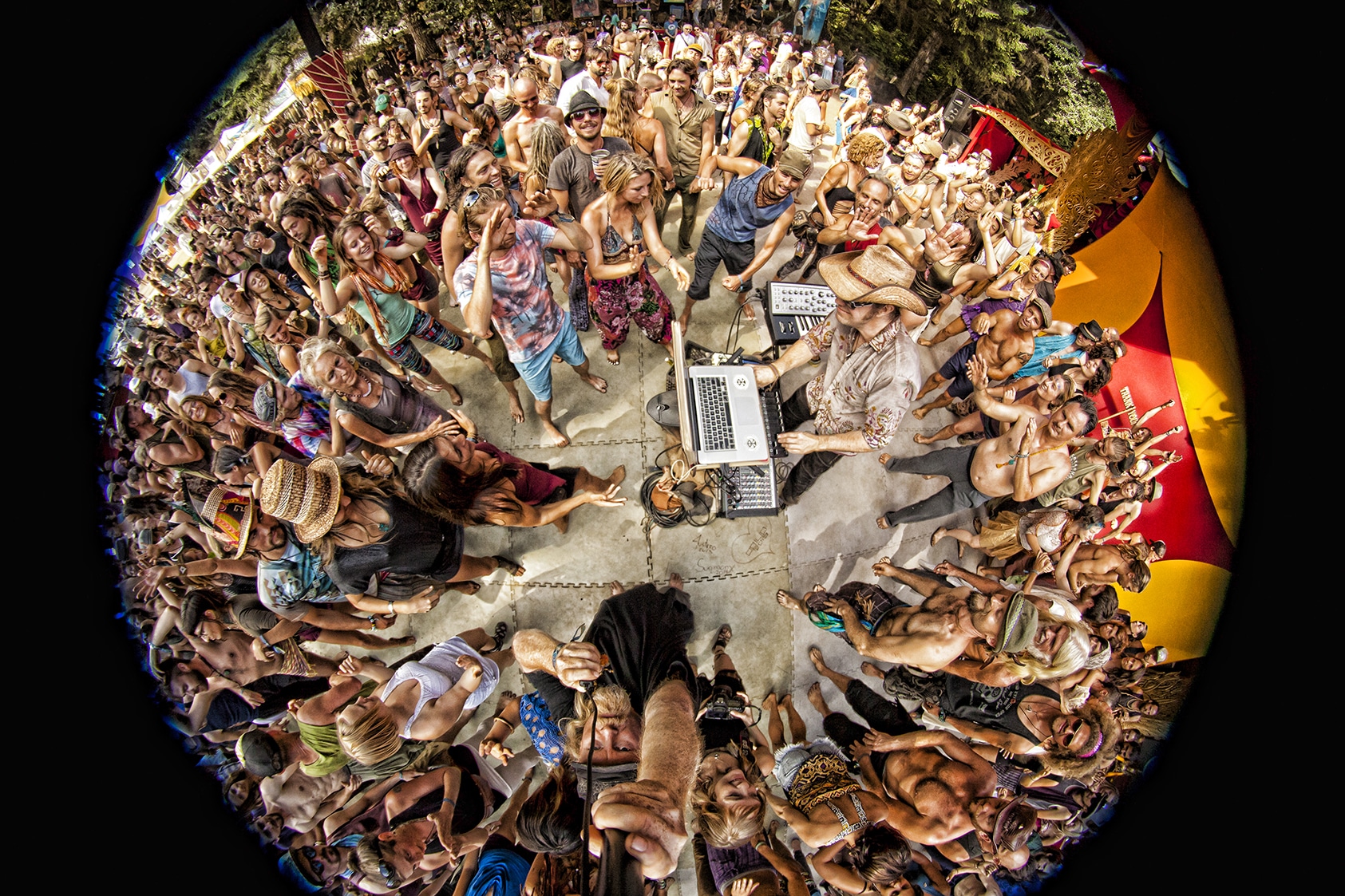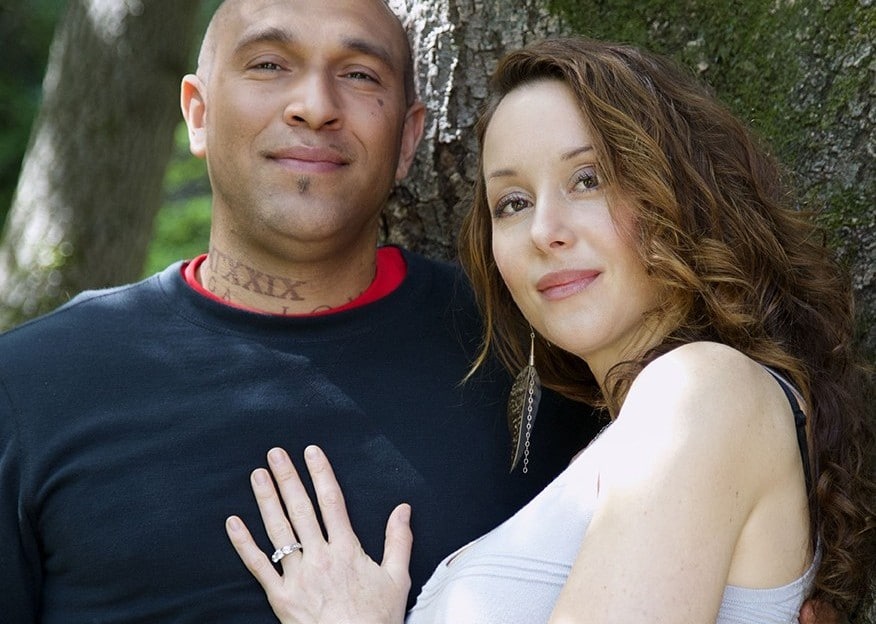
Image Source: Flickr user tanjila ahmed
What would a world with full drug legalization look like? While some fear it might degenerate society into sinful chaos, others think quite the opposite, imagining paradigm shifts and quantum leaps in consciousness. I can only imagine that many a cannabis or psychedelic user has at least once had the thought, “Imagine a world where this is legal — the whole planet would awaken to a new reality!” But is that really the case? Once the freedom to explore psychedelics is open to any responsible adult, will the Western world shudder, shake, or barely budge?
But is that really the case? Once the freedom to explore psychedelics is open to any responsible adult, will the Western world shudder, shake, or barely budge? A few weeks ago, I asked Jeff Kundert, president of the American Cannabis Society, exactly this — what he thought about the relationship between drug legalization and cultural shift.
Colorado and Cannabis
As a leading cannabis advocate who has been on the front lines of marijuana legalization for decades, Jeff Kundert shared a perspective that was grounded in his experiences in Colorado:
“It will be subtle, but statistically obvious. Let’s look at Denver for instance: you walk around there and people are just the same as always. They are progressive, hard working people. They are happy and well adjusted. What has happened? Nothing. You can smoke cannabis if you want to, and not smoke it if you don’t want to. If you look at the overview of a culture of a city that changes its law, you don’t see much, but when you look at the statistics, it becomes obvious. The murder rate in Denver in the first six months after legalization went down 60% and maintained at a 20% drop. The overall crime rate has dropped almost 15%. These are huge statistics when you look at a city of over 3 million people. It makes the city safer and a better environment to live in.”
Knowing that Jeff is a true believer in the healing power of cannabis for mind, body, and soul, I was initially surprised to hear him go straight to the facts and not indulge in optimistic visions. However, I soon realized that perhaps the glittering vision of substances as saviors was actually quite flawed. Moreso, it dawned on me that what he was describing was the very shift I was looking for in action, and that large-scale evolution towards a more sane and connected world would begin by a lessening of insanity like preventable crime and injustice.
As for just how and why marijuana legalization leads to lower crime rates, Jeff offered this as an explanation:
“People have associated cannabis and other drugs with crime, but the crime is really the cops and robbers game where some people are trying to make money on the black market and others are trying to put them in jail. That whole syndrome needs to stop for a city to get calmer and safer. This can apply to a whole nation or the whole planet.”
The Future of Legal Psychedelics
Looking in depth at Colorado and other contemporary examples such as Portugal, which legalized all drugs since 2001, we can summarily dismiss the fearful notions of drug-fueled chaos following legalization. But at the same time, we can also let go of the idea of a rapid psychedelic-fueled mass awakening. Similar to Colorado, Portugal saw many benefits after decriminalizing drugs, such as reduced drug use overall, less drug-related deaths, a lower HIV infection rate, greater access to addiction treatment, and less drug-related crime. At the same time, Portugal is not some utopia. Tribes of psychedelic users have not evolved to the 5th dimension, forged alliances with machine elves and solved the world’s problems there.
When thinking about how legalized psychedelics might shift our culture here in North America and across the world, it’s helpful to look at the facts and avoid the grandiose. So what do we know for sure?
Firstly, we know that psychedelics more often than not give people a greater sense of meaning and purpose in their lives, and a stronger feeling of connection to themselves, to others, and to the natural world. We also know that psychedelic therapy has been shown effective in countless studies to treat a wide array of mental illnesses including anxiety, depression, addiction, epilepsy, and obsessive-compulsive disorder.
Does a world with happier and more empathetic people, less crime, better health services, and increased access to powerful psychedelic therapy sound like a good thing? I think it does, and I would argue that this is, indeed, the radical cultural shift many have dreamed of in action, it just looks different than some (even myself) have previously imagined. On a historical scale, these changes will be seen as radical and rapid, but from our perspective on the ground, we’ll see it as a series of small and large steps toward a more sane and healthier world.










